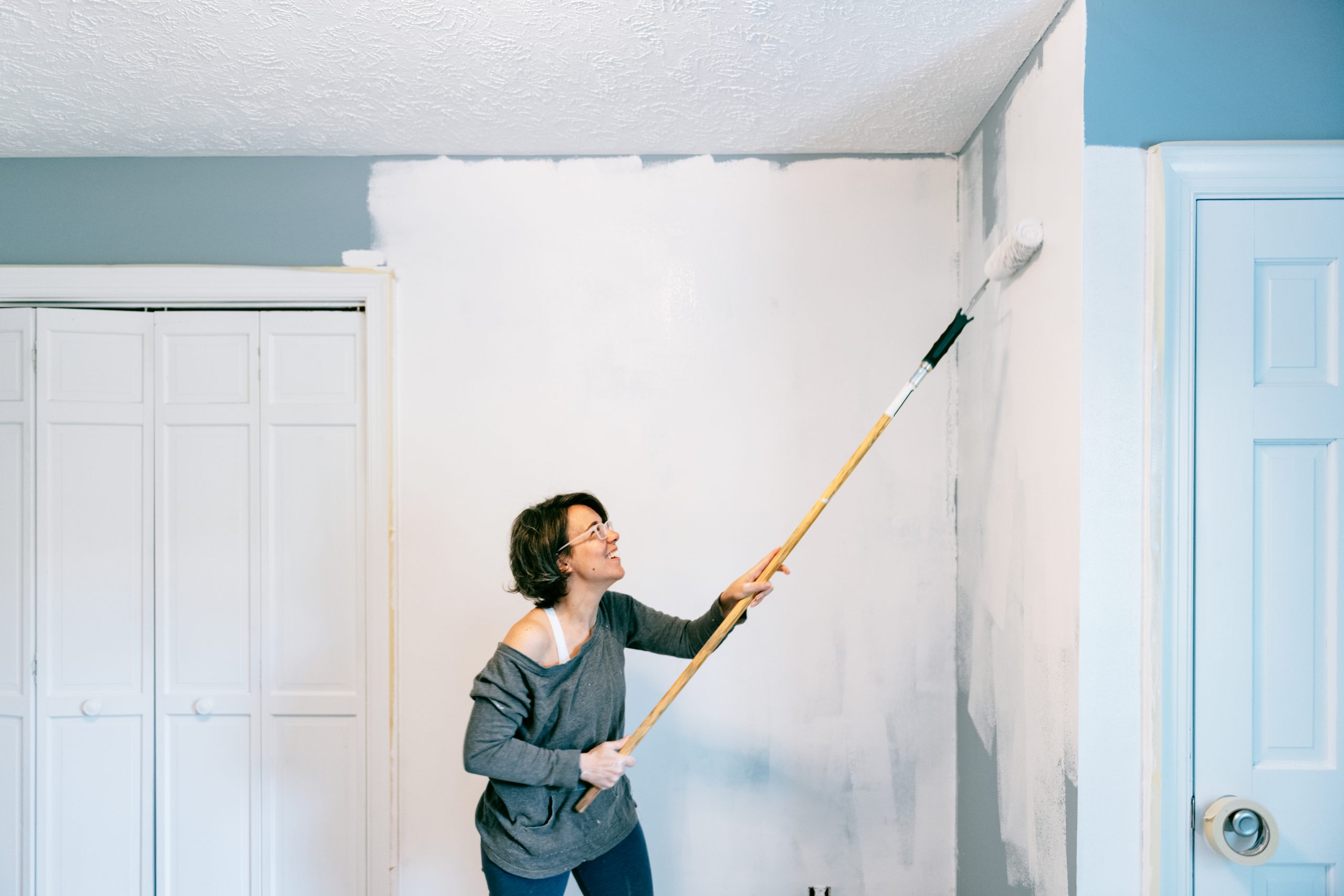
Completing odd jobs around the home always feels good, but it’s the larger-scale works that will deliver dividends in terms of improving your property’s value.
Properties that have been recently renovated and offer all the conveniences expected of a modern home are at the top of every buyer’s list.
So, with the real estate market powering ahead, this is a great time to consider upgrading your home and then maximizing its value with a compelling sales campaign.
As your local real estate agent, I’d love to discuss with you the potential improvements that could add value to your home. In the meantime, I have listed some observations from years of working with clients who upgraded and then sold at a profit.
- State the goals of your renovation. Are you seeking to enhance your lifestyle and enjoyment of the property, or do you want to increase the value of your home and then sell? Then check in – does your partner or spouse agree? Make sure you’re both aligned.
- Build a project plan, and outline which tasks you are prepared to complete and those that should be handed off to a professional.
- Use the plan to build a budget. Scope the cost of materials from the internet and get quotes from contractors.
- Build an additional 20% into your costs for contingencies – you never know what might go wrong, or problems your renovation might reveal.
- Go or no-go, that’s the question. At this stage, you’re going to know your investment and whether you can either afford it or want to spend that amount of money.
- If you’re a “go”, then finalise quotes with your contractors and establish some deadlines. Break your project into stages, as this will give you a better opportunity to keep track of the builder’s work. Each stage must have a finish date applied to it.
- Before signing on the dotted line, check your contractor’s license, insurances and ask for references.
- Be clear on the payment schedule and the work that should be completed when payment falls due. Don’t pay for work that has not yet been completed and sighted.
- Decide whether you’re going to stay in your home while the work is carried out. The scale of the upgrade should determine whether this is necessary. If it’s line-ball, you can bet the contractors will want you out of there. (And don’t forget to build any extra accommodation costs into the budget).
